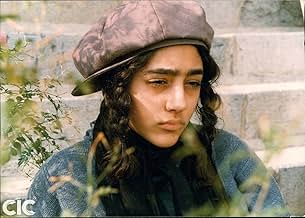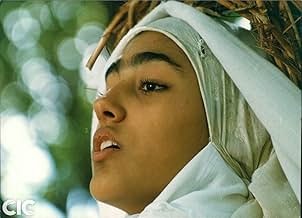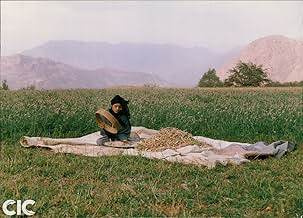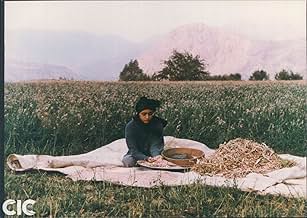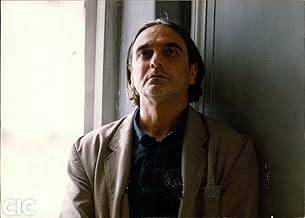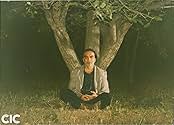Story and Photography: I loved the photography in this movie. It wasn't sepia tone, it was aged and muted, as if we are looking at hazy, creased old photographs. It's probably closest in look to Bresson's "Four Nights of a Dreamer." But the cinematography in "Pear Tree" isn't the only thing it has going for it. The setting itself is a gloriously beautiful Iranian village, full of gardens, mountains and golden afternoons. The movie also offers surprising dashes of comedy to compliment its nostalgic, somewhat trite main plot about a man remembering an unrequited love he had in his boyhood for an older girl. It all passes tolerably, and is actually touchingly sweet, until about two thirds of the way when the movie seems to lose focus, and the plot gets tangled up in politics, the Iranian Revolution, women's rights, overt symbolism, and an imitation of Fellini's "8 1/2." At this point, it feels as if the writer gave up on organizing his or her ideas and decided to just dump in every tangential idea and let the audience sort it out. Luckily, by the end, the movie returns its focus back on its stronger qualities: splendid photography, splendid portraits of nature, of shadows and light, and its simple but timeless story of a man learning how to love in a finite world.
Acting and Direction: The acting by the leads is very good, though some of the supporting actors are noticeably weaker. Some of the direction sometimes seems out of place, overly dramatic, as if it is the work of theatrical stage director making his or her film debut. For the most part though, long-time director Mehrjui offers us a work of tenderness that strives and sometimes succeeds in being both uniquely Iranian and, somehow at the same time, fantastically universal.

